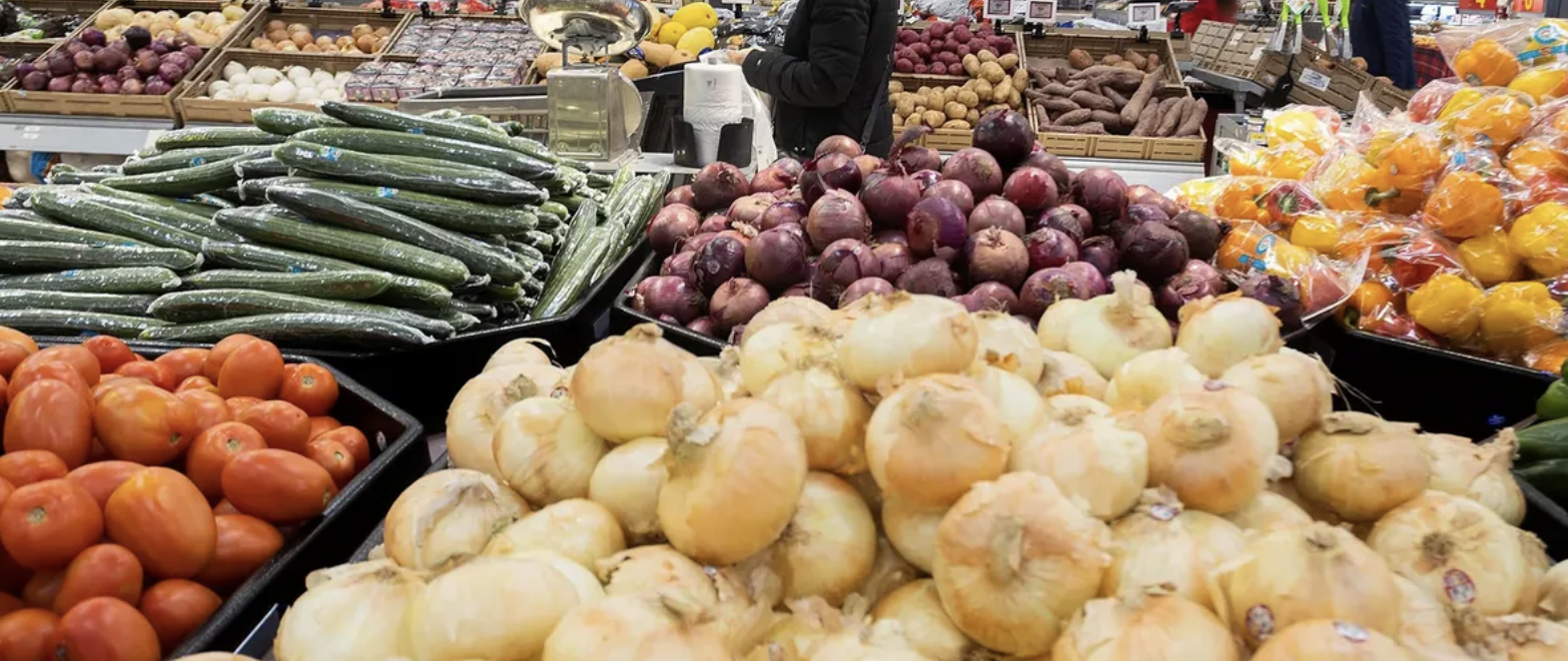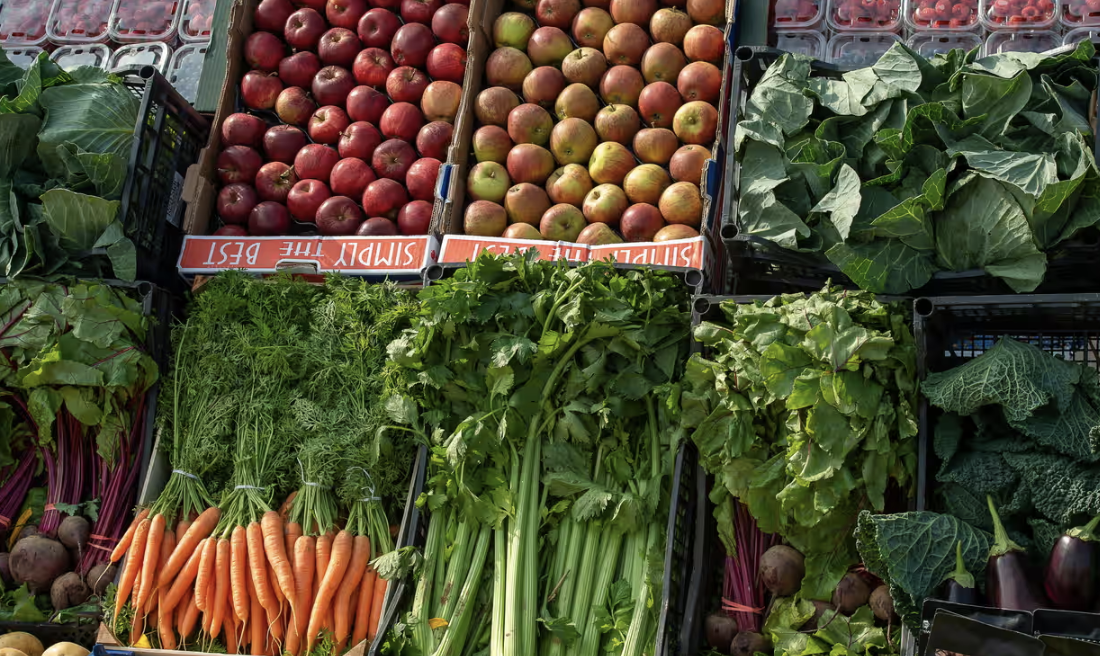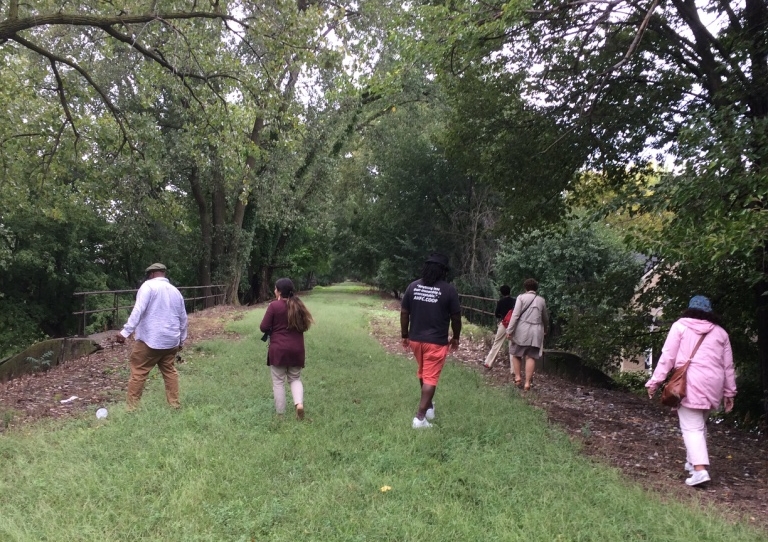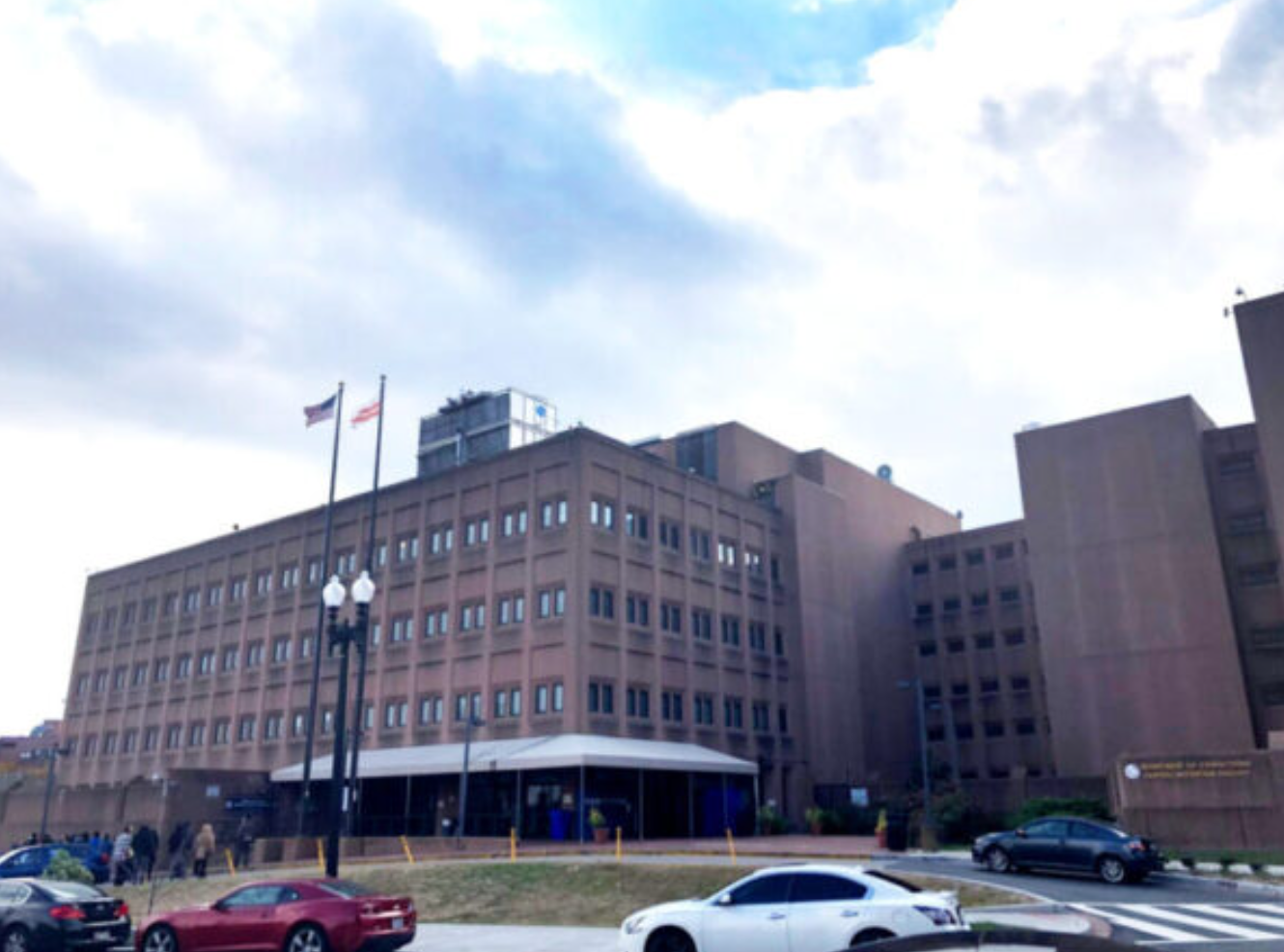Critical Research Reveals Systemic Issues in Buffalo Food Supply Chain
Good Food Buffalo in partnership with Food Chain Workers Alliance and HEAL Food Alliance
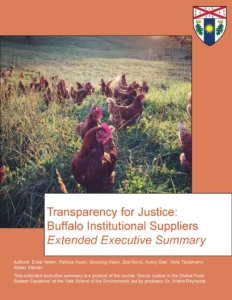 A supply chain research project by students from the Social Justice in the Global Food System graduate capstone course at the Yale School of the Environment in 2020 analyzed institutional supply chains in Buffalo (NY) to better understand existing suppliers and alternative producers aligned with a set of core values. Student researchers found that barriers for many BIPOC farmers to pursue a food contract on their own was due to the lack of familiarity with the institutional bidding process; the inability for small-scale BIPOC farmers to meet the quantity requirements for institutional contracts; and structural barriers including long-term racial discrimination in agriculture and access to capital needed to grow sustainable agriculture businesses. They also noted that acquiring supplier information was difficult, and not knowing where labor violations occurred, coupled with a lack of union representation in public supply chains limit the ability to enforce protections for frontline food workers. The report concludes that public procurement must center values-based purchasing and lead to concrete outcomes around racial equity, worker justice, and supply chain transparency.
A supply chain research project by students from the Social Justice in the Global Food System graduate capstone course at the Yale School of the Environment in 2020 analyzed institutional supply chains in Buffalo (NY) to better understand existing suppliers and alternative producers aligned with a set of core values. Student researchers found that barriers for many BIPOC farmers to pursue a food contract on their own was due to the lack of familiarity with the institutional bidding process; the inability for small-scale BIPOC farmers to meet the quantity requirements for institutional contracts; and structural barriers including long-term racial discrimination in agriculture and access to capital needed to grow sustainable agriculture businesses. They also noted that acquiring supplier information was difficult, and not knowing where labor violations occurred, coupled with a lack of union representation in public supply chains limit the ability to enforce protections for frontline food workers. The report concludes that public procurement must center values-based purchasing and lead to concrete outcomes around racial equity, worker justice, and supply chain transparency.
This project was done in partnership with the Good Food Buffalo Coalition, Food Chain Workers Alliance, and HEAL Food Alliance and resulted in the publishing of Transparency for Justice. You can read their key findings and recommendations here.


